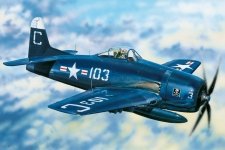-
Załączniki bezpieczeństwa
Załczniki do produktuZałączniki dotyczące bezpieczeństwa produktu zawierają informacje o opakowaniu produktu i mogą dostarczać kluczowych informacji dotyczących bezpieczeństwa konkretnego produktu
-
Informacje o producencie
Informacje o producencieInformacje dotyczące produktu obejmują adres i powiązane dane producenta produktu.DORA WINGS
-
Osoba odpowiedzialna w UE
Osoba odpowiedzialna w UEPodmiot gospodarczy z siedzibą w UE zapewniający zgodność produktu z wymaganymi przepisami.
Dora Wings 48044 Vultee Vengeance Mk.II 1/48
Plastikowy model samolotu do sklejania. Nie zawiera kleju ani farby.
Vultee A-31 Vengeance był amerykańskim bombowcem nurkującym z okresu II wojny światowej, zbudowanym przez Vultee Aircraft. Vengeance nie był używany operacyjnie przez Stany Zjednoczone, ale był używany jako samolot frontowy przez Brytyjskie Królewskie Siły Powietrzne, Australijskie Królewskie Siły Powietrzne i Indyjskie Siły Powietrzne w Azji Południowo-Wschodniej i na południowo-zachodnim Pacyfiku. Po wprowadzeniu Lend-Lease, USAAF zamówiło dla Wielkiej Brytanii 300 samolotów jako A-31, które zostały oznaczone przez RAF jako Vengeance Mk IA (Northrop) lub Vengeance Mk III (Vultee) Northrop zbudował część samolotów ze względu na niewystarczające zdolności produkcyjne Vultee. Egzemplarze Northropa otrzymały oznaczenie RAF Vengeance Mk I, natomiast egzemplarze Vultee oznaczono jako Vengeance Mk II. Na Dalekim Wschodzie cztery dywizjony RAF, dwa indyjskie i pięć australijskich eksploatowały Vengeance w trudnych warunkach, w okresie od maja 1942 do lipca 1944. Eskadry z Indii brały udział w działaniach w Birmie, podczas gdy Australijczycy przeprowadzali niebezpieczne ataki na Nową Gwineę i inne wyspy do czasu, gdy Liberatory B-24 mogły przejąć zadanie na większej wysokości.
The Vultee A-31 Vengeance was an American dive bomber of World War II, built by Vultee Aircraft. The Vengeance was not used operationally by the United States, but was operated as a front-line aircraft by the British Royal Air Force, the Royal Australian Air Force, and the Indian Air Force in Southeast Asia and the Southwest Pacific. Following the introduction of Lend-Lease, the USAAF ordered 300 aircraft for the UK as the A-31, which were designated either Vengeance Mk IA (Northrop) or Vengeance Mk III (Vultee) by the RAF Northrop built some of the aircraft due to Vultee's inadequate production capacity. Northrop's examples were given the RAF designation Vengeance Mk I, while Vultee's examples were designated Vengeance Mk II. In the Far East, four RAF, two Indian and five Australian squadrons operated the Vengeance resourcefully under difficult conditions, during the period from May 1942 to July 1944. The Indian-based squadrons saw action in Burma, while the Australians made perilous attacks on New Guinea and other islands until B-24 Liberators could take over the job at higher altitude.




















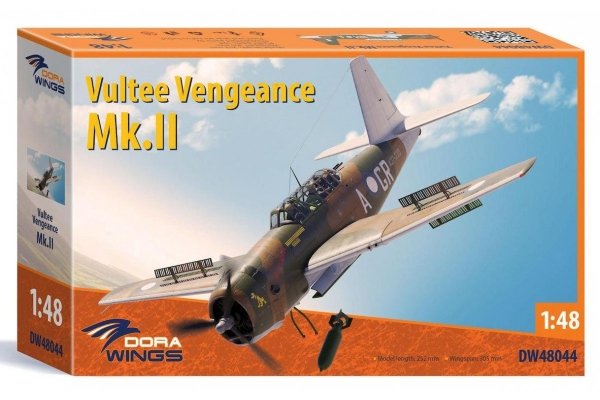
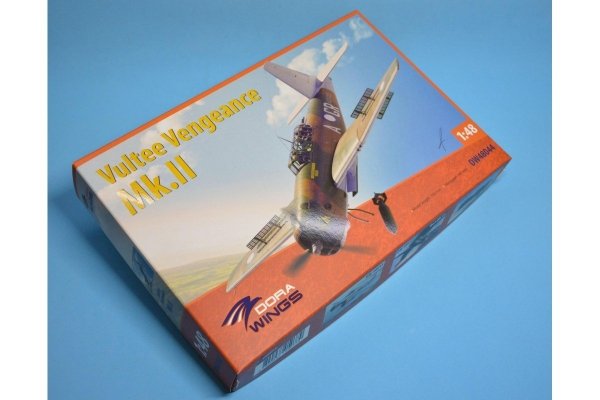
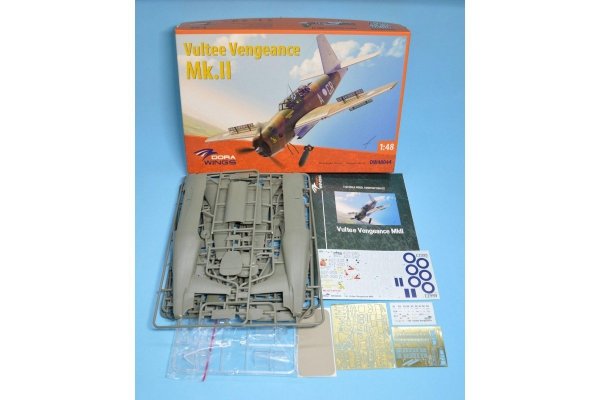
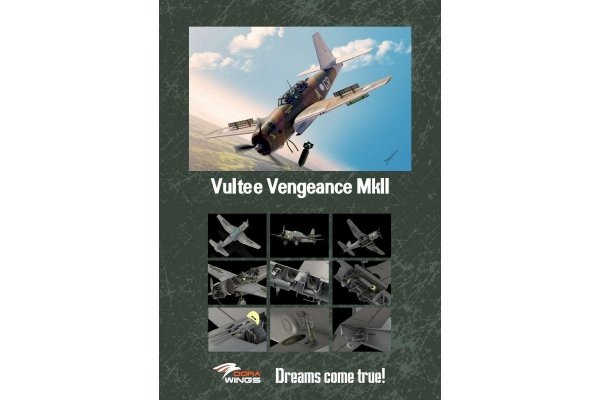
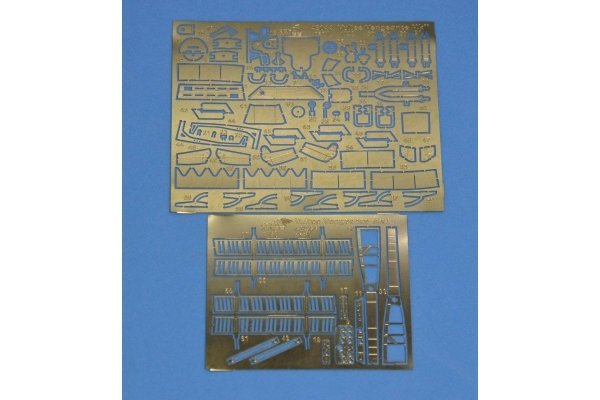
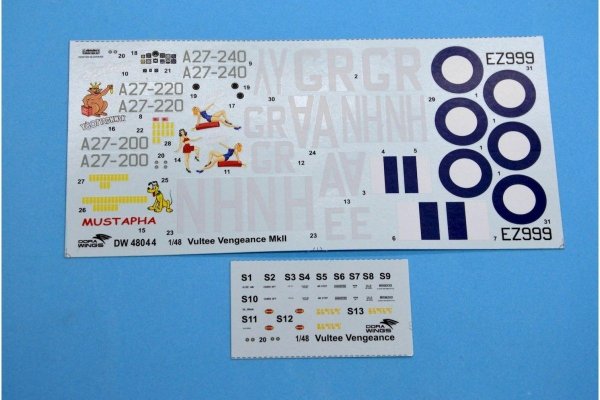
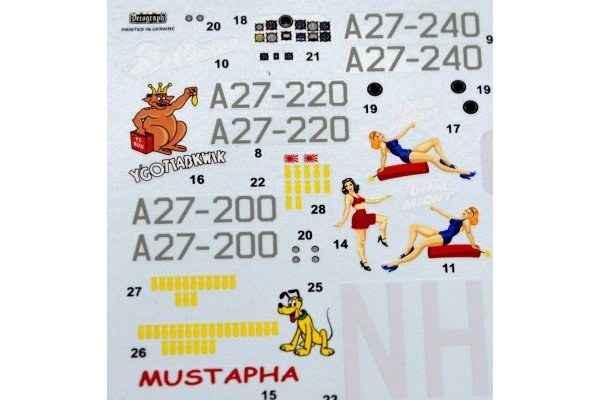
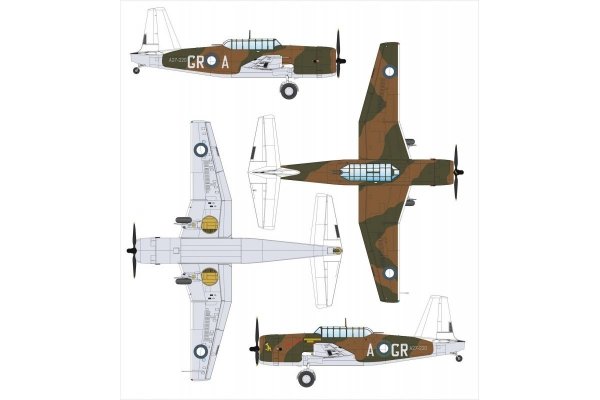
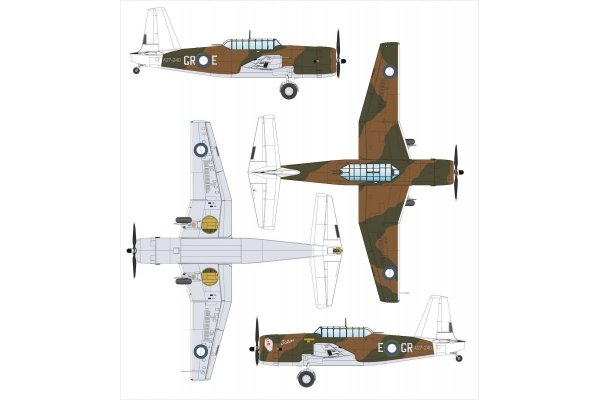

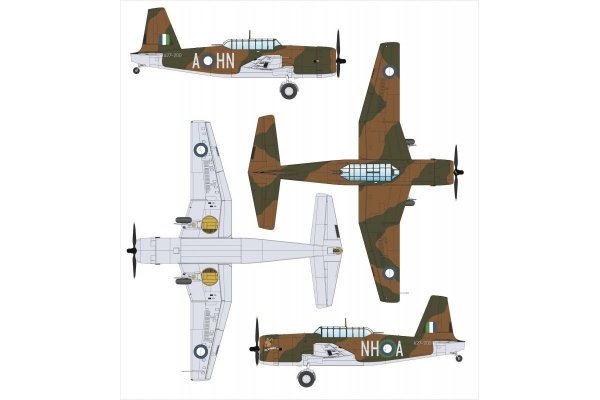
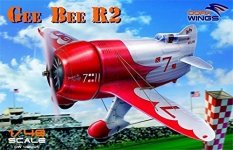
 1 szt.
1 szt.
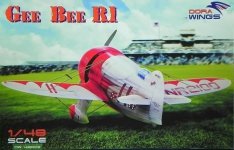
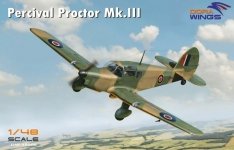
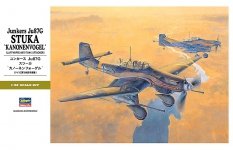
 55 szt.
55 szt.
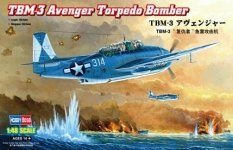
 2 szt.
2 szt.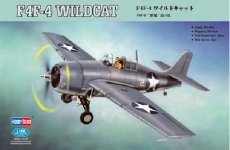

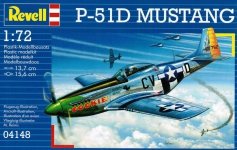
 4 szt.
4 szt.